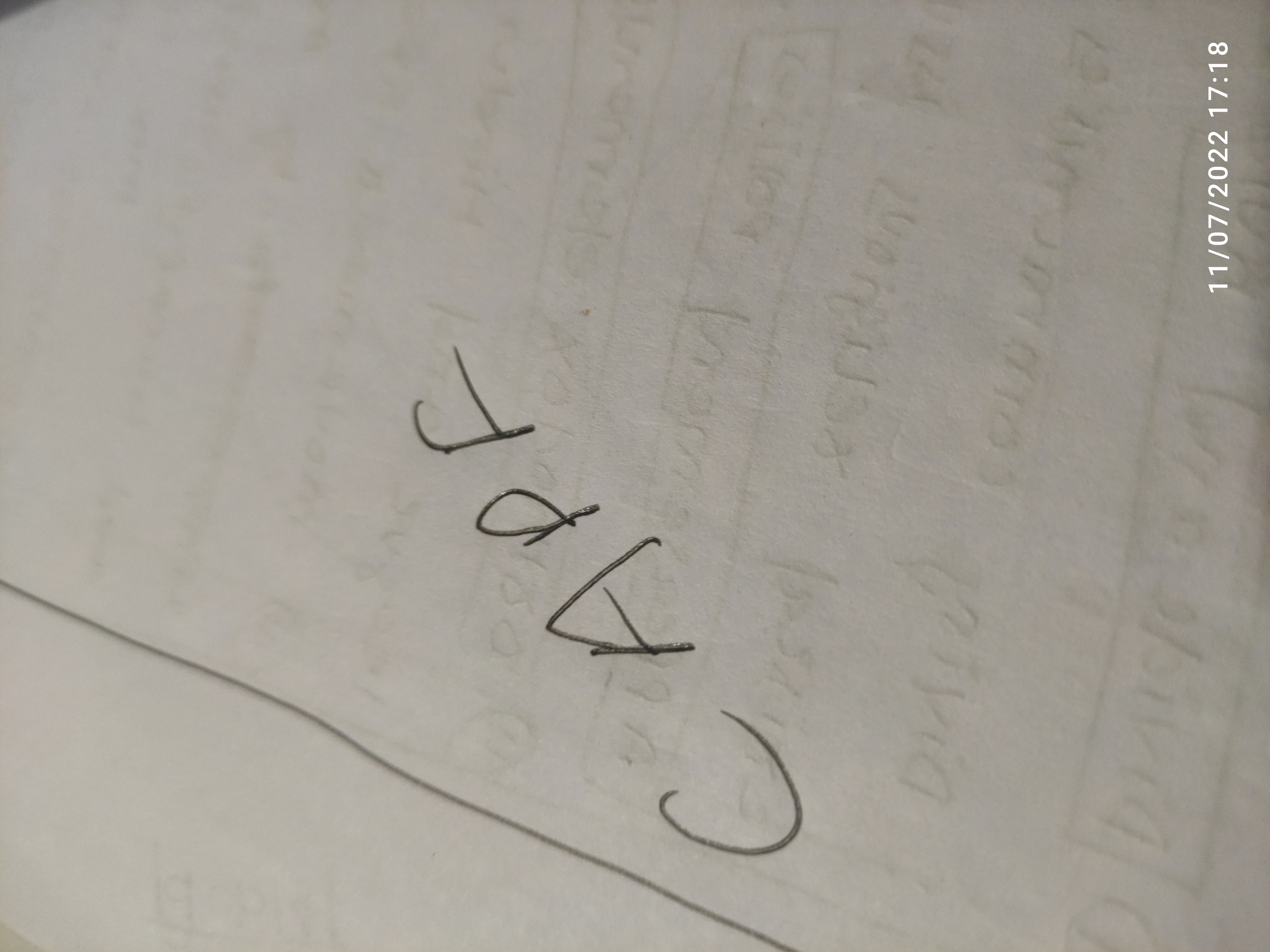7667766266
enquiry@shankarias.in
What is the issue?
What protection do the Tribals have?
What affects the Tribal rights?
How BITs come into play?
What are the options available to India?
Source: The Indian Express

Capf aspirant 9 years
and please contine this initiative and if possible add more

IAS Parliament 9 years

Capf aspirant 9 years
very nice......ultimate and to the point

IAS Parliament 9 years